20 March, 18

Pexels
Do You Know Which Internet Browser is Best for You?
The internet is ubiquitous. Everyone goes online in one way or another. But is your current browser holding you back? Apple and Microsoft both offer a default browser, but there are a few others out there that might be better suited to your workflow and habits. Here’s a breakdown of the most commonly used browsers, and who their features are best suited for.
Best all around: Chrome
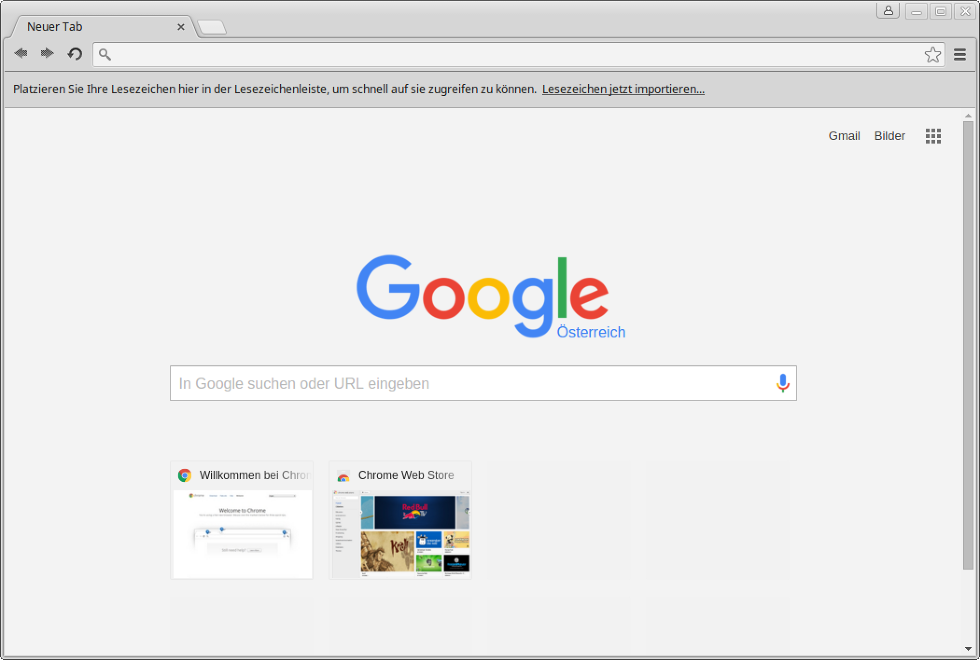
Google Chrome is by far the most widely used browser. According to a 2015 study by the U.S. Digital Analytics Program, Chrome is used by about 44.5 percent of those browsing the internet. And this is for good reason. Chrome can be installed on almost any operating system and sync seamlessly between all of your devices. It also has probably the biggest and most robust extension and app store. Because of this, many, many sites are optimized to work best on Chrome. While some more powerful advanced features are a little hidden, you still can’t go wrong with this browser.
Best for the privacy conscious: Firefox
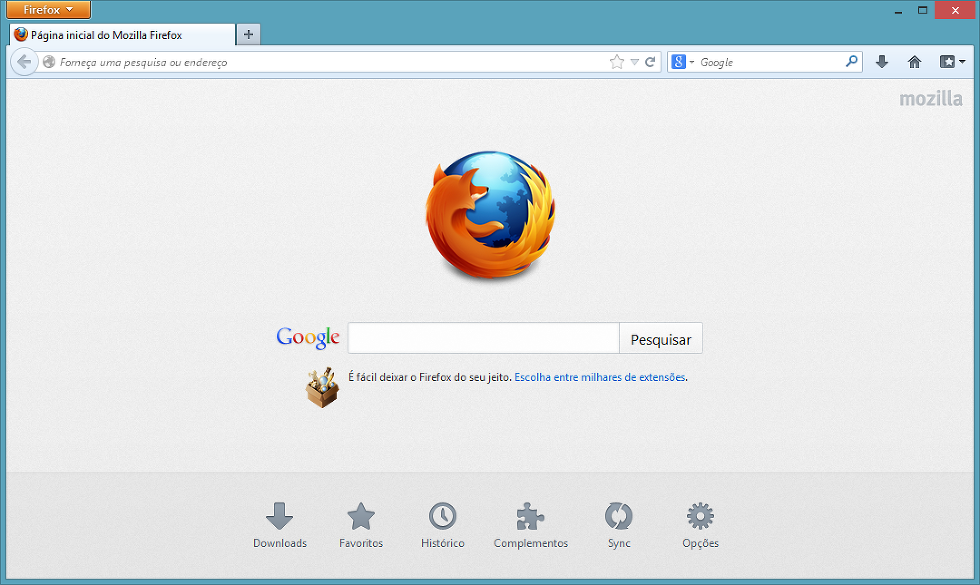
Firefox is intensely privacy conscious, and stands behind its principles. The browser is run by a non-profit company that has stayed committed to its privacy goals for many years. While Google does not hesitate to track your browsing history and serve you ads, Firefox gives you plenty of features to control how much information you’re sharing. The browser also takes a lot less RAM to run and is actually more efficient for heavy tab users. (In fact, Firefox was the first browser to introduce tabs.)
While its extension store isn’t quite as robust, it will play nicely with Chrome extensions. That’s not including the slew of customization features that are just not available elsewhere like tab groups and a built-in reading mode. Firefox is a fully featured, lightweight browser that is perfect for those worried about their information privacy.
Best for power users: Opera
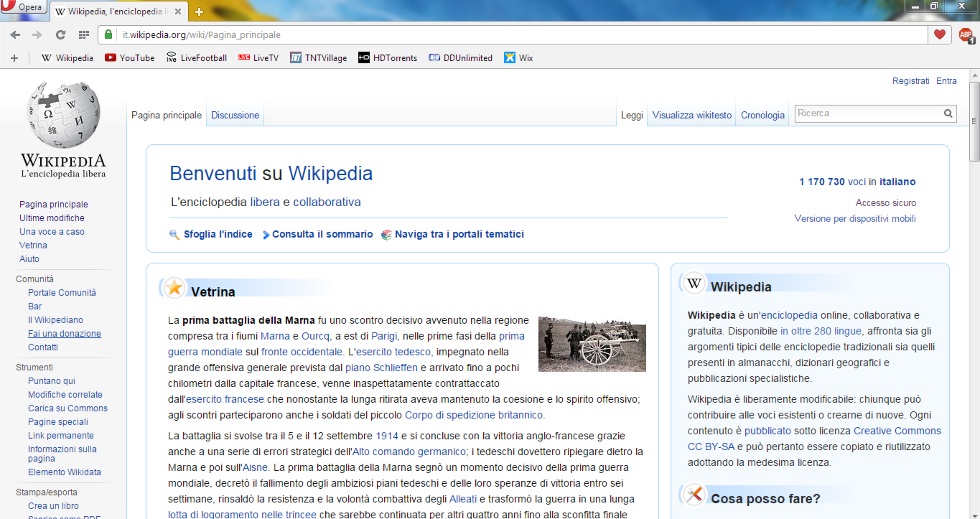
Opera is little known on the internet but as a passionate cult community. This browser consistently renders web pages the fastest among its competitors with its Turbo mode. It also has a built-in ad blocker. No need to install an extension. If you care about keeping your browsing secure, Opera includes a free VPN you can turn on and off at will.
Both Facebook Messenger and WhatsApp are fully integrated into the sidebar. This makes it easy to check your messages while you’re browsing. It also has a news digest, is incredibly battery friendly, and syncs across your devices. Opera is the best full-featured browser for those who want advanced options and additional security.
Best for Mac and iOS: Safari
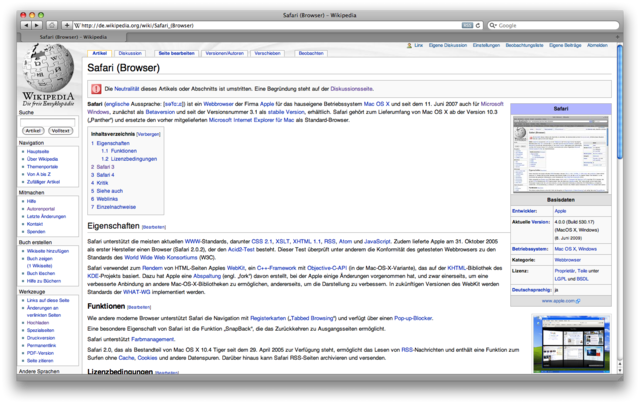
Safari is the second most used browser, but mostly because it comes as a stock application in Apple devices. If you own a Mac or an iPhone, you’ve probably used this browser. The good news is that Safari is optimized to work perfectly with Apple’s operating systems. The bad news is that it’s only available with those devices.
Safari takes up a lot less RAM than Chrome on a MacBook, which will give you about an hour of extra battery life you might be missing out on. It also nicely syncs between the desktop and mobile clients. On iOS, Safari also includes native ad blocking. If you’re committed to the Apple ecosystem, you definitely should be using Safari.
Best for casual surfing: Microsoft Edge
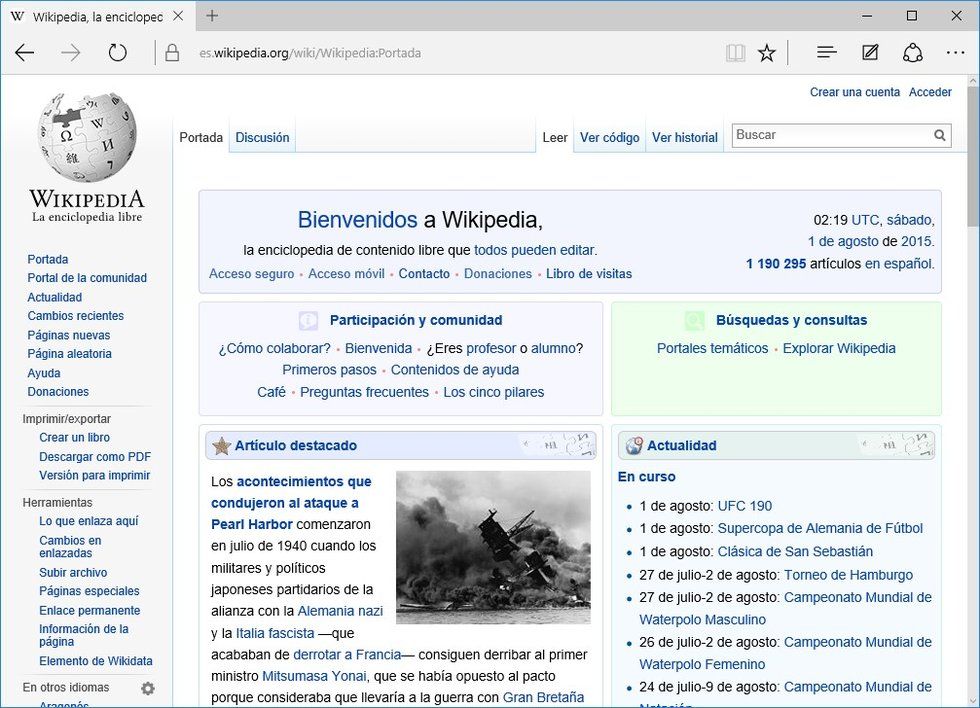
Internet Explorer, one of the oldest and clunkiest web browsers, went the way of the dinosaur in 2015. Microsoft Edge was announced as its replacement. This is a fledgling browser available only with Windows — though it does have mobile apps. Because it’s only three years old, Edge doesn’t have quite the feature set of other browsers.
However, a lightweight browser makes for more efficient browsing and load times, which ultimately increases your battery life. It also has Microsoft’s virtual assistant Cortana built right into the browser for quick searches. But its extension and app options are sorely lacking. If you own a Windows computer, Edge might work as your go-to browser if you only need it for casual use.
You use the internet every day. Why settle for a browser experience that isn’t satisfying you? Switch your browser to one with more features to make your day more efficient. Or change your routine to include a less bloated program to get more things done. They’re all free to use. Why not give it a go?



